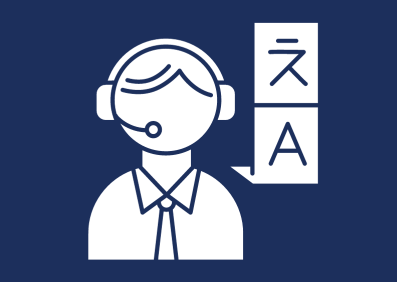How to Request an Interpreter
Attorneys will file a petition requesting a court interpreter for their clients. If you are representing yourself, the Law Library Resource Center provides a form to request an interpreter and specify the language and region/variation needed. Once the Court grants your request for an interpreter, the Court Interpreters and Translators will be notified, and the department will make every reasonable effort to grant your request.
How to Get a Court Interpreter (English)
Cómo Solicitar Un Intérprete (Espanol)
كيفية الحصول على خدمات مترجم المحكمة الشفوي (Arabic)
How to Use an Interpreter
When speaking with an interpreter, look at the person you are speaking to rather than the interpreter. For example, rather than turning to the interpreter and saying, “Ask the judge when my next court hearing is,” simply look at the judge and ask, “When is my next court hearing?” Do not ask the interpreter for advice about your case. An interpreter must remain a neutral party for ethical reasons.




